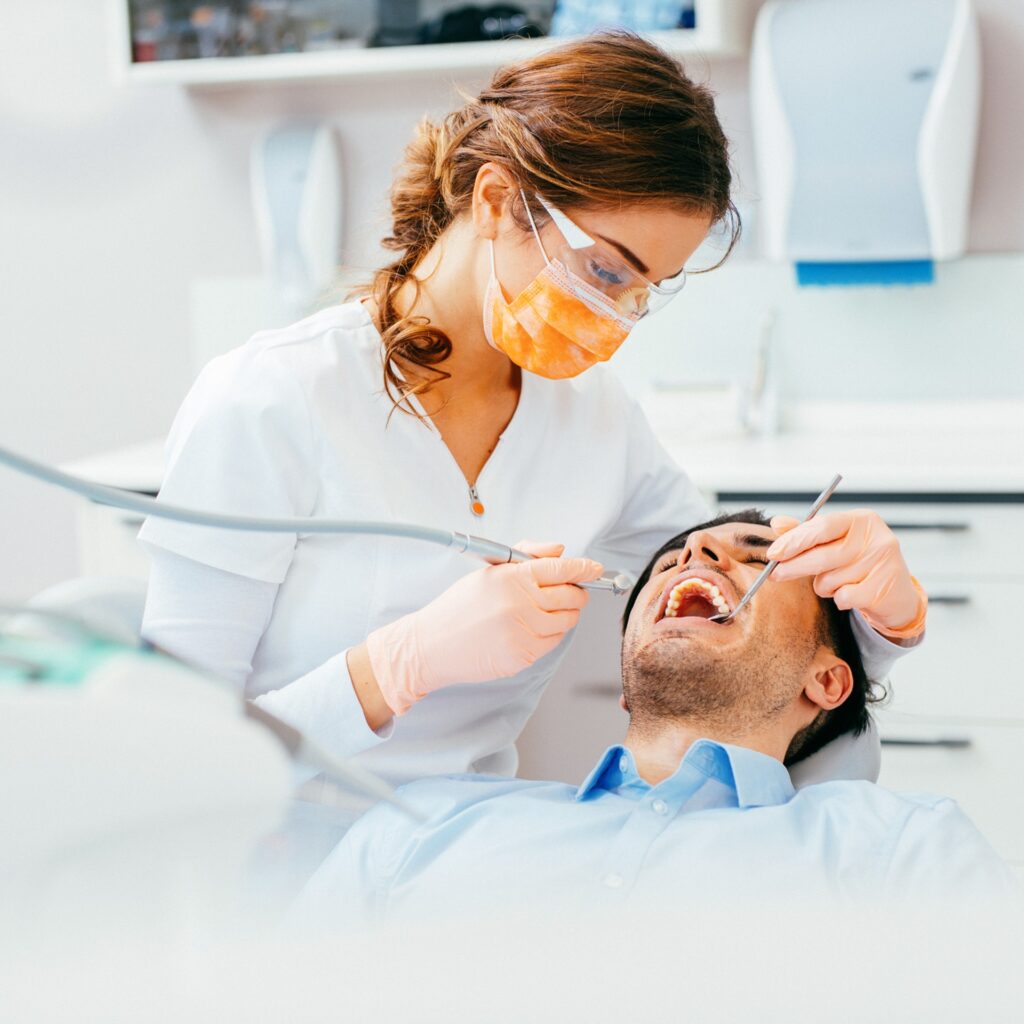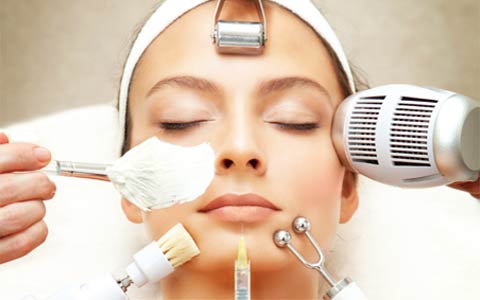How Advanced Dentistry Services are Transforming Oral Health Practices
Advanced dentistry services have significantly transformed oral health practices, ushering in a new era of precision, comfort, and efficacy in dental care. Technological advancements such as digital imaging, laser dentistry, and computer-aided design and manufacturing CAD/CAM have revolutionized diagnostics, treatment planning, and therapeutic interventions. Digital imaging has emerged as a cornerstone of modern dentistry, replacing traditional X-rays with high-resolution, detailed images that offer superior diagnostic capabilities while minimizing radiation exposure. This technology enables dentists to detect issues such as cavities, bone loss, and impacted teeth with unprecedented accuracy, facilitating early intervention and preventive care strategies. Moreover, digital impressions and 3D imaging have streamlined procedures like crown placements and orthodontic treatments, enhancing treatment outcomes and patient satisfaction. Laser dentistry represents another groundbreaking advancement, offering precise and minimally invasive alternatives to traditional surgical techniques. Lasers are used for a variety of procedures including gum contouring, cavity treatment, and even teeth whitening. By targeting specific tissues without affecting surrounding areas, lasers minimize discomfort, reduce healing times, and often eliminate the need for anesthesia.

This technology has revolutionized periodontal care, allowing for more effective treatment of gum disease while preserving healthy gum tissue. CAD/CAM technology has reshaped restorative dentistry by enabling the fabrication of dental restorations such as crowns, bridges, and veneers in a single visit. Traditionally, these restorations required multiple appointments and temporary fittings. With CAD/CAM, digital impressions are used to design restorations chair side, which are then milled from durable materials like ceramic or composite resin. This not only expedites treatment but also improves accuracy and aesthetics, providing patients with durable, natural-looking restorations that blend seamlessly with their natural teeth. Furthermore, advancements in materials science have yielded stronger, more biocompatible materials for dental restorations. Porcelain and composite resins now mimic the natural appearance and function of teeth, offering superior durability and resistance to staining compared to earlier materials. This has enhanced the longevity of dental restorations, reducing the need for frequent replacements and preserving oral health over the long term.
Tele-dentistry represents a recent innovation that has gained prominence, especially in remote or underserved areas. This technology allows for remote consultations, diagnosis, and monitoring of patients through secure digital platforms. Dentists can provide timely advice, prescribe medications, and even remotely supervise oral hygiene routines, promoting continuity of care and improving access to specialized dental services. Moreover, patient comfort has been prioritized through advancements in sedation techniques and pain management. Inhalation sedation nitrous oxide and intravenous sedation offer safe and effective options for patients with dental anxiety or complex treatment needs. Enhanced local anesthesia delivery systems, such as computer-controlled injections, ensure precise dosing and minimal discomfort during procedures, further enhancing the patient experience and compliance with recommended treatments and view the page https://www.dentistredmond.com/redmond/general-dentistry/. Overall, advanced dentistry services have not only transformed the technical aspects of oral health care but also improved patient outcomes and satisfaction. By integrating cutting-edge technology with evidence-based practices, dentists can deliver personalized, efficient, and minimally invasive treatments that address a wide range of dental conditions effectively.



